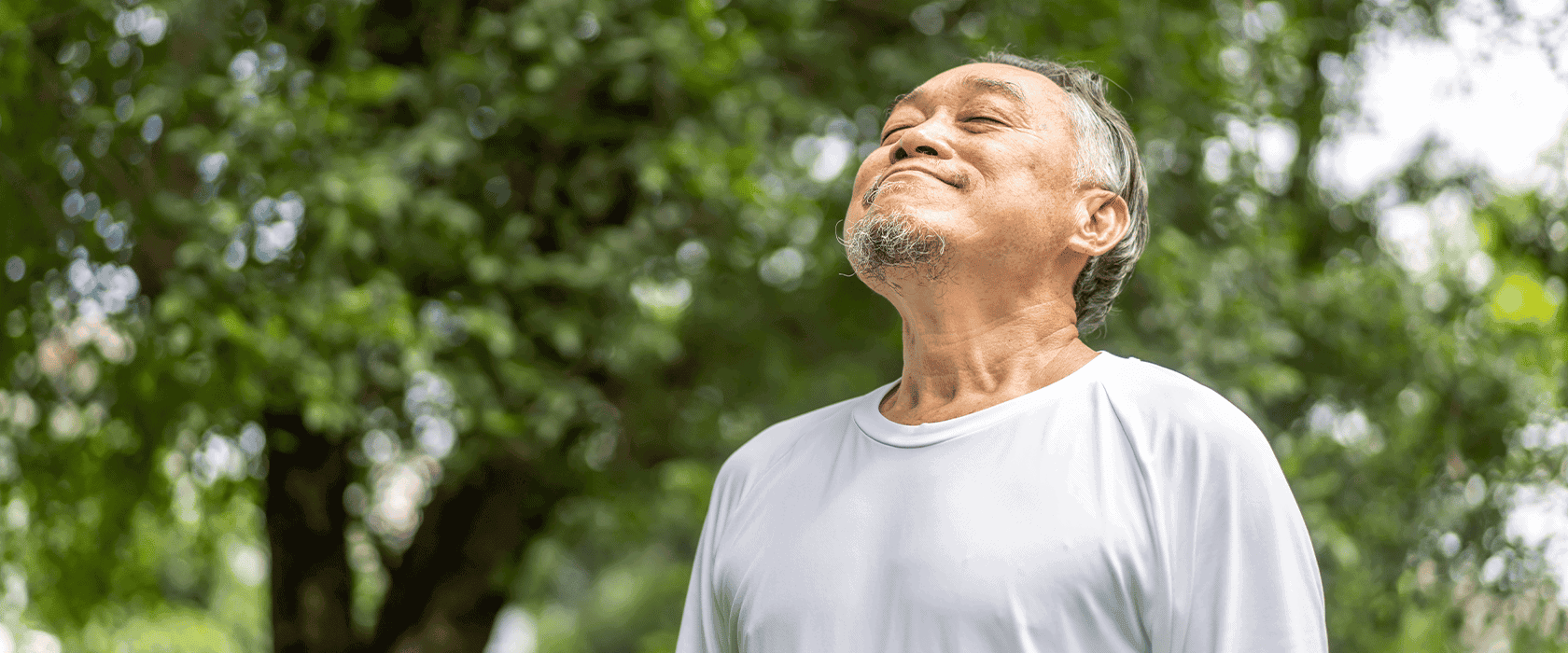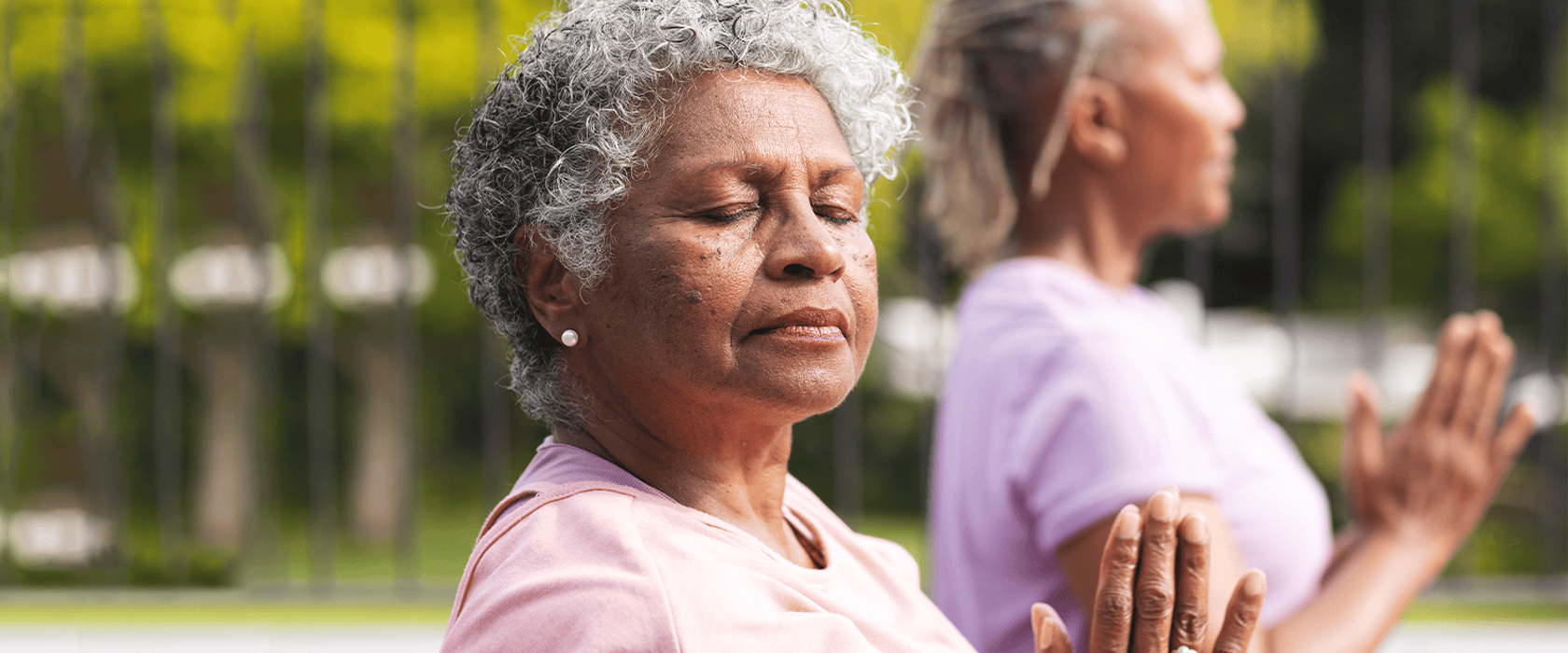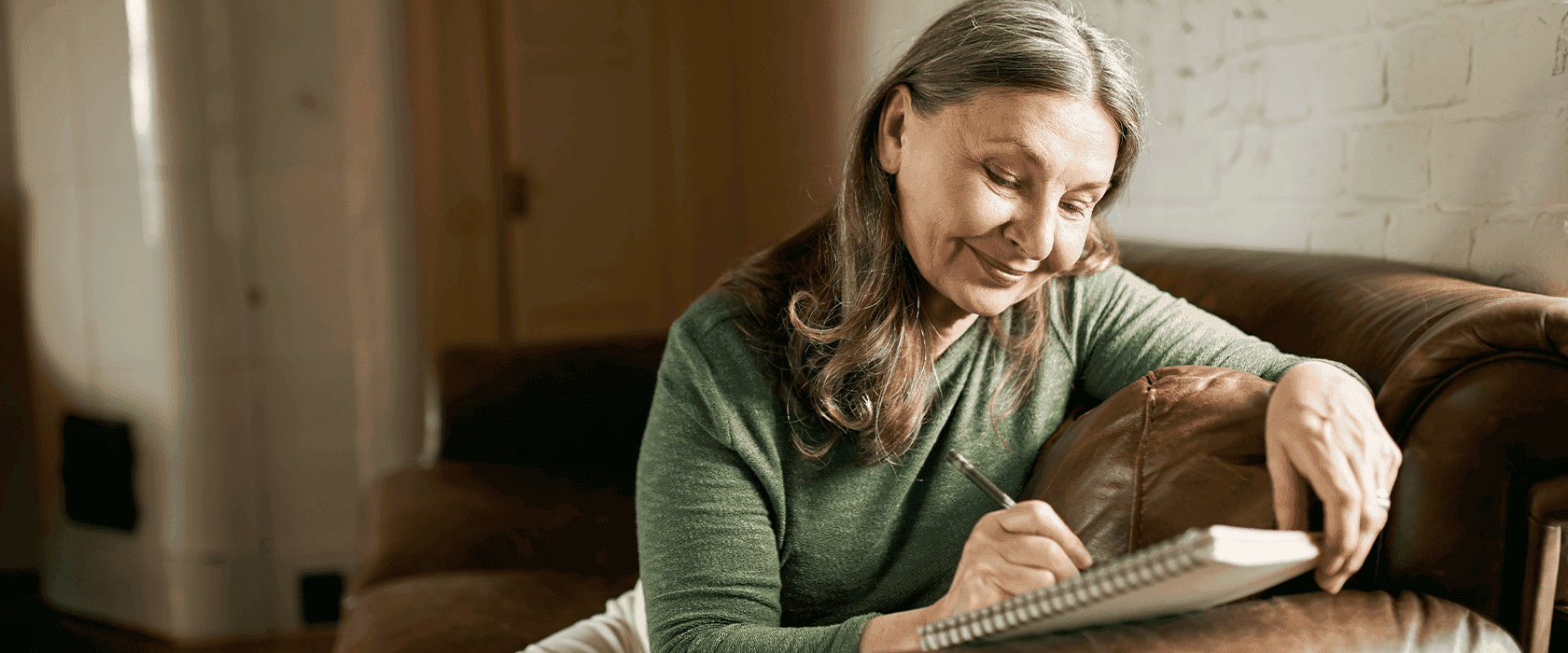
Tips for a More Mindful Life: Embracing the Present Moment
Life moves quickly, and sometimes we forget to pause and truly experience the world around us. Mindful living isn’t about complicated techniques or impossible goals—it’s about being present, appreciating each moment, and being kind to your mind. For seniors and those who care for them, mindfulness can be a powerful tool for emotional well-being and inner peace.
What Does It Mean to Be Mindful?

Being mindful is simple: it means paying attention to the present moment without judgment. Imagine sitting in your favorite chair and truly noticing the warmth of sunlight, the soft texture of your sweater, or the gentle sound of birds outside. It’s about experiencing life as it happens, right now.
Researchers have found compelling evidence of mindfulness’s benefits, especially for older adults. Scientific studies reveal that mindfulness practices and maintaining a positive perspective can significantly reduce stress and improve overall emotional well-being in seniors. Just 15-20 minutes of daily mindful meditation can lower anxiety, enhance feelings of happiness, and support mental health.
How to Be Open-Minded and Present
Being open-minded doesn’t mean changing your beliefs—it means approaching life with curiosity and acceptance. Think of it like opening a window to let fresh air into a room. You’re not throwing out everything inside, just allowing new perspectives and experiences to gently enter your world.
Here are some gentle ways to embrace mindfulness:
- Breathing breaks: Take three deep breaths whenever you feel overwhelmed. Feel the air moving in and out, focusing only on the present moment.
- Sensory awareness: Use your senses fully. The 5-4-3-2-1 method is designed to ground you, manage stress, reduce anxiety, and empower your presence. Practice this exercise by identifying five things you can see, four things you can touch, three things you can hear, two things you can smell, and one thing you can taste.
- Gratitude moments: Each day, think of three things you’re grateful for. They can be simple—a warm cup of tea, a kind word from a friend, or a beautiful sunset.
Practical Tips for Mindful Living

Start small
Mindfulness can be practiced in tiny moments throughout your day. While brushing your teeth, focus on the sensation. During a conversation, listen completely without planning your response.
Gentle movement
Mindful movement doesn’t require intense exercise. Gentle activities can help connect your body and mind, reducing stress and increasing overall well-being. Consider:
- Slow walking in nature
- Gentle stretching
- Gardening
- Tai Chi or seated yoga
- Light dancing
These activities aren’t just physical—they’re opportunities to be fully present, to feel your body moving, to breathe deeply, and to appreciate the moment.
Understanding the Power of Mindfulness
Beyond simple relaxation, mindfulness offers profound benefits. Regular mindful practices can help:
- Reduce stress and anxiety
- Improve sleep quality
- Enhance emotional balance
- Support cognitive function
- Increase overall sense of well-being
For seniors, these benefits are particularly meaningful. Mindfulness goes beyond changing who you are—instead, it’s about fully experiencing who you are right now.
Be Kind to Your Mind

Remember, mindfulness doesn’t demand perfection. Some days will feel easier than others, and that’s okay. Be patient and gentle with yourself. Every moment is a new opportunity to be present.
Consider creating a simple daily ritual. This could be:
- Five minutes of quiet breathing in the morning
- Enjoying your morning coffee or tea without distractions
- Taking a short walk and noticing the world around you
- Writing in a gratitude journal
The goal is not to achieve absolute precision but to approach life with curiosity and compassion.
Your Mindful Journey
Mindful living is a journey, not a destination. Each breath, each moment is a chance to reconnect with yourself and the world around you. It’s about finding joy in the simple things, appreciating your experiences, and treating yourself with kindness.
Start small. Be patient. Be present.
You Might Also Like

Tech Alone Doesn’t Keep Seniors Safe – People Do
